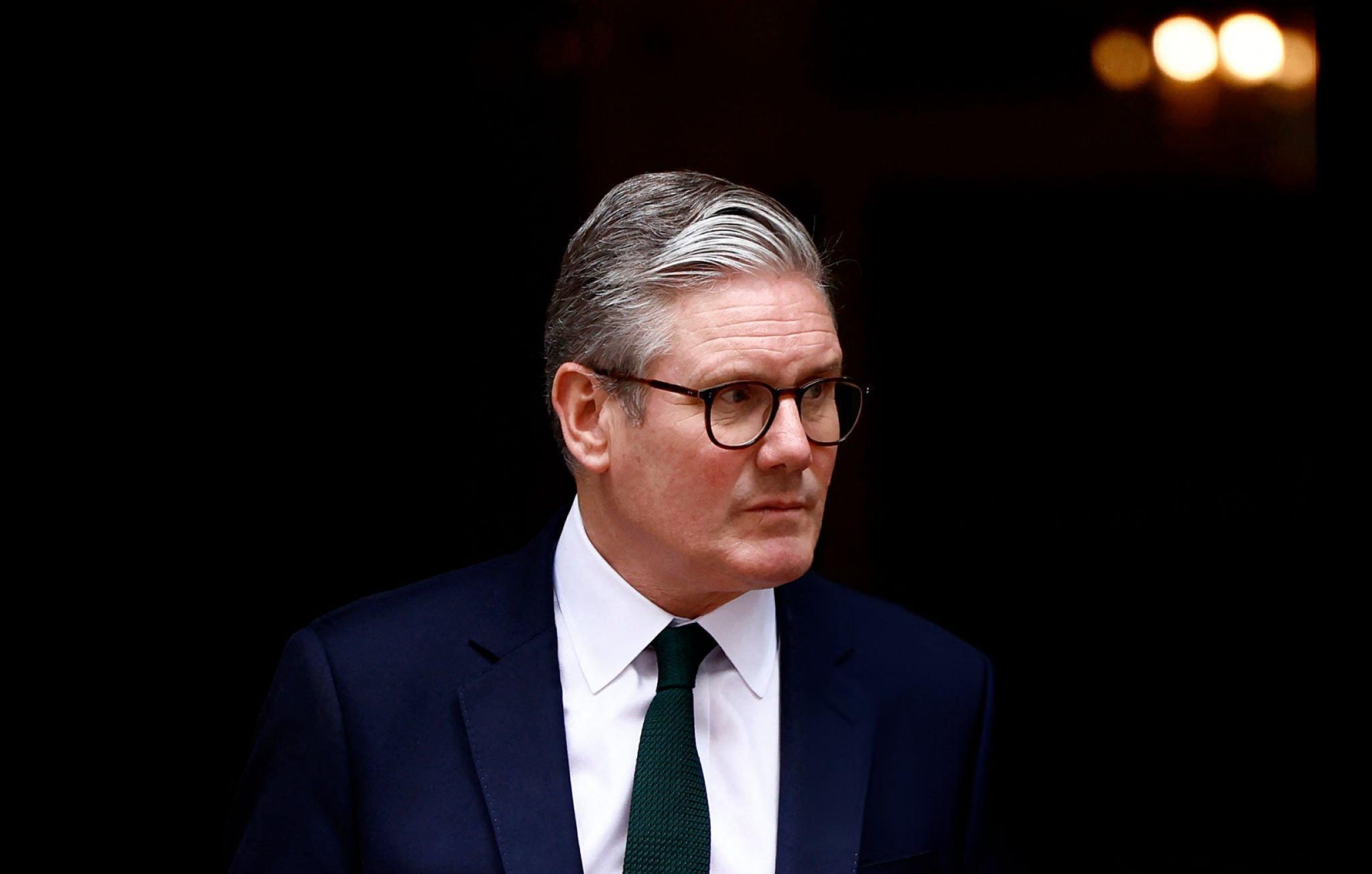Sir Keir Starmer is set to meet Ukrainian President Volodymyr Zelensky and fellow European leaders in the Albanian capital, Tirana, on Friday, with a key focus on tightening sanctions against Russia in response to its ongoing aggression in Ukraine.
The high-level discussions will take place during the latest European Political Community summit, which has drawn more than 40 heads of state and government to Albania for talks on Ukraine, regional security, and future European cooperation. Mr Zelensky’s attendance signals Kyiv’s continued diplomatic push to rally European backing, both militarily and economically.
The summit coincides with the first face-to-face meeting in months between Ukrainian and Russian negotiators in Istanbul, where hopes for a breakthrough were dashed after President Putin failed to appear and instead sent a lower-level delegation.
Speaking outside the Tirana summit, Sir Keir accused the Kremlin of lacking genuine interest in ending the war. “This is more evidence that Putin is not serious about peace,” the Prime Minister told reporters. “He’s been dragging his heels, and I think it’s really important therefore that we have absolute unity with our allies.”
Sir Keir made clear that the UK would push for concerted international action should Russia continue to obstruct ceasefire efforts. “We’ll be working on that again today — to be clear that there must be a ceasefire, but also to be clear that should there not be a ceasefire then we will act together in relation to sanctions,” he said.
Among the measures on the table are further restrictions targeting Russian energy exports, a critical revenue stream for the Kremlin. Western allies have already imposed sweeping financial and trade restrictions, but leaders in Tirana are expected to discuss steps to close loopholes and expand pressure points.
Moscow has so far refused to agree to an unconditional 30-day ceasefire, despite mounting calls from Kyiv, Washington, and several EU capitals.
NATO Secretary-General Mark Rutte, also present at the summit, reiterated that Ukraine would be “number one on the agenda” for European leaders. Criticising Putin’s decision to send a low-level delegation to Istanbul, Mr Rutte said the Russian leader had made “a big mistake”.
“Ukraine clearly wants to play ball. They are very serious about this,” he added.
While Ukraine and Russia remain locked in a diplomatic deadlock, the Tirana summit also serves as a broader platform for European coordination on defence and migration. Leaders are expected to discuss strengthening collective security frameworks and accelerating support for EU candidate states in the Balkans and Eastern Europe.
Sir Keir is due to hold bilateral meetings with several European counterparts on the sidelines of the summit. The talks come ahead of a key meeting with the EU in London on Monday, where a potential agreement on UK access to a €150 billion EU defence fund may be on the horizon.
However, diplomatic sources have indicated that lingering disagreements over fishing rights and a proposed youth mobility scheme could complicate progress.
Kaja Kallas, the EU’s high representative for foreign affairs, acknowledged that negotiations were moving forward, but warned: “We’re not there yet.”
Despite these obstacles, the Prime Minister remained optimistic. “I’m positive ahead of Monday,” he said, adding that the UK’s intention is to rebuild trust with Europe while protecting national interests.
European Commission President Ursula von der Leyen echoed the sentiment, telling reporters she was “looking forward” to continuing discussions in London.
Sir Keir, for his part, has refrained from offering detailed updates, telling journalists he preferred to avoid “megaphone diplomacy” or a “running commentary” on negotiations.
Still, speaking in Tirana on Thursday, he concluded: “I’m confident of making really good progress into Monday.”
With tensions high in Eastern Europe and unity among allies more critical than ever, the outcome of talks in Tirana — and in London next week — could prove pivotal in shaping Europe’s next steps on Ukraine, sanctions, and collective security.






